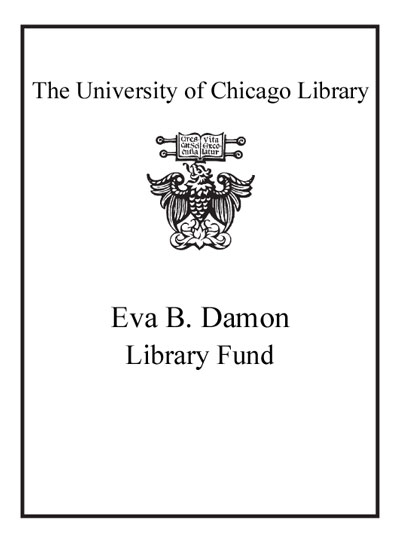Review by Choice Review
Distinguished British historian of African American slavery Dusinberre (emer., Univ. of Warwick, UK) revisits more than 100 WPA Virginia Writers' Project oral history interviews and other records of former Virginia slaves' memories of bondage. He assesses their applicability to understanding slavery throughout the antebellum South, their merits, and the significance that blacks conducted over 90 percent of the interviews. First published in 1976, the Virginia interviews remain a staple among published primary sources. Dusinberre explains their method and then charts the interviews' value as documentation for 14 aspects of slave life, from the treatment accorded bondsmen by "Good Mistresses and Masters" to "Oppression and Self-Determination." He argues that unlike interviews conducted by whites, those administered by blacks elicited considerably more candor. Despite his celebration of the Virginia interviews as sources, Dusinberre identifies weaknesses. The brevity of the narratives, the youth of the interviewees when they were slaves, and their unreliability distort some accounts. Distinguishing "tradition" from first- and secondhand accounts and folklore and the projection of convictions backward from the 1930s to the 1850s also taint the interviews as sources. While Dusinberre probably overstates the typicality and reliability of the Virginia slave interviews, he correctly underscores slavery's brutality and the bondsmen's determination to survive. Summing Up: Recommended. For all levels/libraries. J. D. Smith University of North Carolina at Charlotte
Copyright American Library Association, used with permission.
Review by Choice Review

